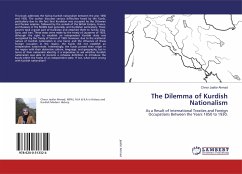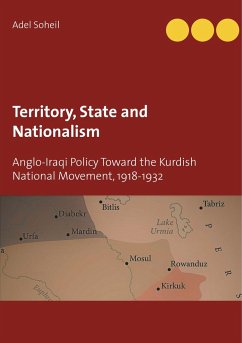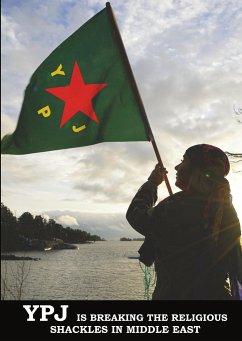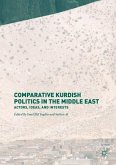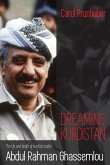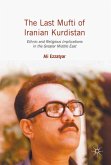This book addresses the failing Kurdish nationalism between the year 1850 and 1930. The author discusses various difficulties faced by the Kurds, particularly due to the fact that Kurdistan was occupied by the Ottoman and Persian empires, followed by the arrivals of the British Empire, France, and Russians in the Middle East generally, and Kurdistan particularly. These powers took a great part of Kurdistan and attached them to Turkey, Iraq, Syria, and Iran. These steps were made by the treaty of Lausanne of 1923, although the right to establish an independent Kurdish state was recognized by the Treaty of Sevres of 1920. However, due to the scattered nature of Kurdish nationalism in one hand, and the influence of these foreign occupiers in the region, the Kurds did not establish an independent nation-state. Interestingly, the Kurds proved their origin in the region with their distinctive culture, language, and geography, but in terms of their nationalist identity, it is imperativeto ask whether Kurdish nationalism was able to become a cohesive definition to introduce the Kurds within the frame of an independent state. If not, what went wrong with Kurdish nationalism?

